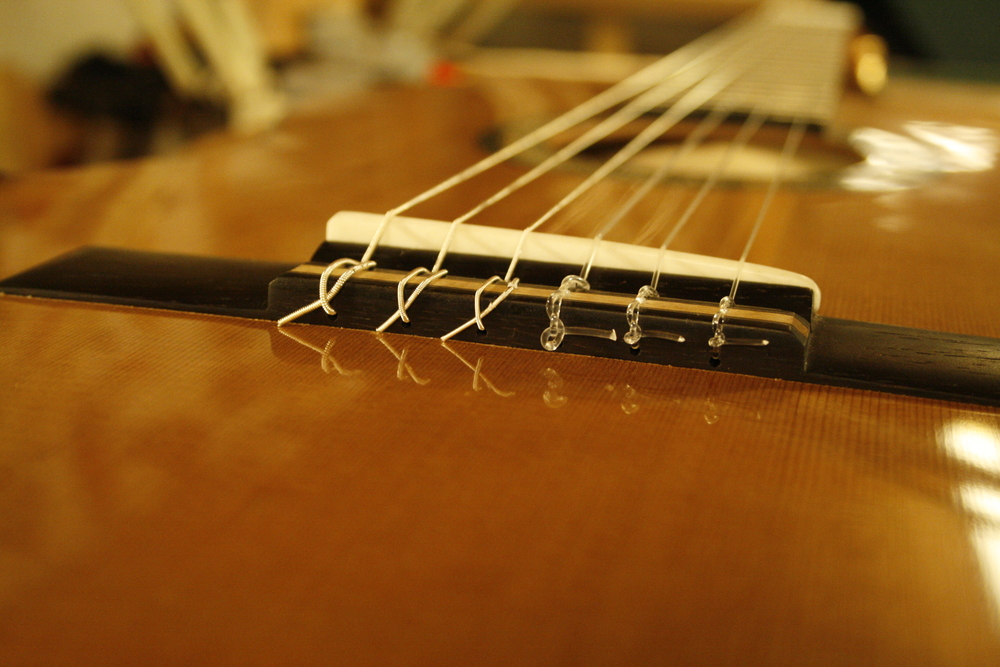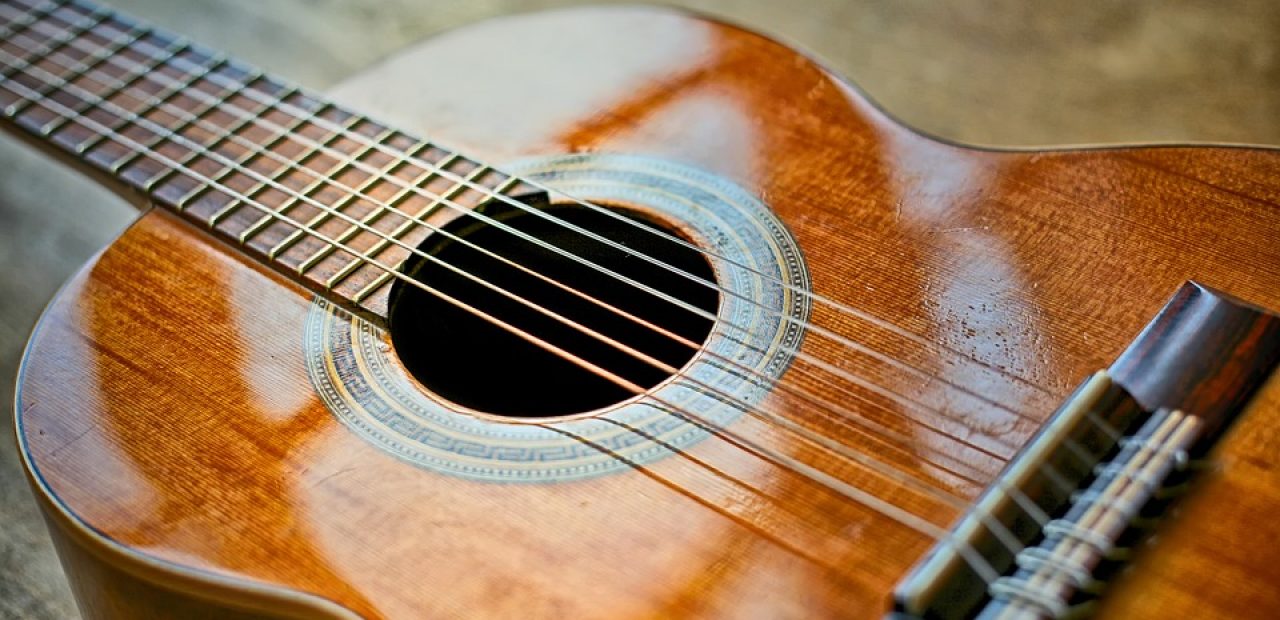Important Factors to Consider when Buying Guitar Strings
It doesn’t matter if you have a guitar worthy of a rock star, if you neglect one important element, you might as well be playing the ukulele. And that element is the strings. The type of strings you choose and how often you change them can have a dramatic effect on the sound and playability of your instrument. So, if you want to enhance your guitar with a good set of strings but have no idea how to choose, this article is for you! Here are the key factors that should influence your decision.

Contents
The Material Influences the Tone
The metal alloy your strings are made of can greatly influence the tones the guitar produces. For instance, bronze strings produce a clear, ringing and bright tone. On the other hand, phosphor bronze strings create warmer and darker tones. Silk and steel strings are popular with folk guitarists and fingerstyle players due to their softer feel and delicate tone. These materials are popular for acoustic guitars, whereas electric guitars usually use nickel-plated steel, pure nickel or stainless steel as they are less prone to finger squeaks and produce more sustain. With that being said, if you want to try out some variety in your playing, you can purchase several types from a good guitar strings store and experiment with them.
The Gauge Defines the “Heaviness” of the Strings
Gauge refers to the thickness of the strings. So, the larger the gauge, the heavier the strings are. Different gauges offer different benefits to the guitar player. For instance, heavier gauges need you to apply more force when playing, but also provide more sustain, volume, and a heavier sound. With that being said, heavier gauges are generally better for unamplified playing because they’re louder and for heavy strummers because of the sustain. On the other hand, lighter gauges are recommended for beginners as they are easier to play. They also make it easier to bend notes when it comes to playing blues.
Coating Can Extend the Lifespan
While uncoated strings may be cheaper, they allow the dirt from your fingers to build up and inhibit the vibrations and tone. This can all be avoided by covering up the strings in a micro-thin polymer coating. Not only do coated strings sound better than uncoated ones, but they can also last several times longer than them due to the additional layer of protection. So, while coated strings might be more expensive initially, you actually can save money in the long run because your strings will be less likely to break. Unfortunately coated strings are much rarer and you can only find them in a well-stocked guitar strings store

















